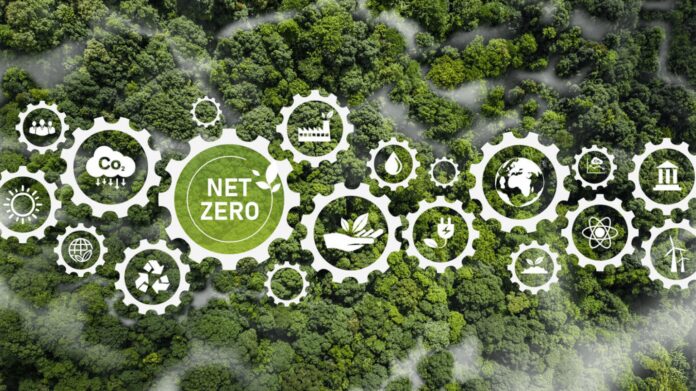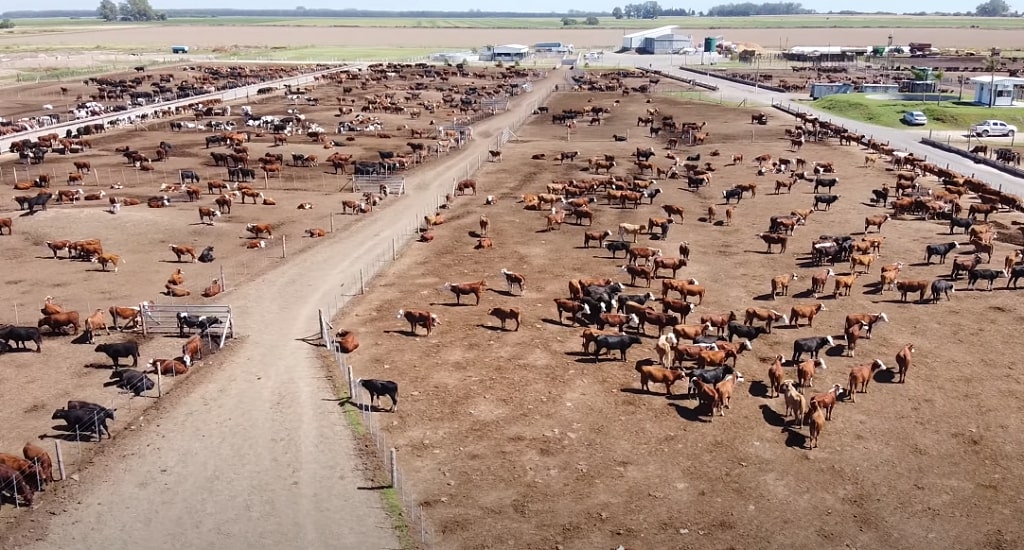
On December 12, 2024, Brazil approved a law to regulate the country’s carbon market. This new system, outlined in Law No. 15,042, sets rules for companies to trade carbon credits, encouraging businesses to cut back on greenhouse gas emissions.
The goal is to reduce Brazil’s overall carbon footprint and meet its climate targets.
🇧🇷Hoje é um dia importante:
Foi sancionada a Lei que regula o mercado de crédito de carbono no Brasil – uma conquista que nos fortalece no mundo como país focado na descarbonização da economia. pic.twitter.com/CNkn8sf1RQ
— Aleksandra Zakartchouk (@alekiepoulain) December 12, 2024
Agriculture Exempt from New Rules
Agriculture and livestock, two of Brazil’s major industries, were left out of the new carbon rules.
Lawmakers who support agribusiness argued that farmers should not face emission limits until there is a clear way to measure how much carbon they emit and capture.
Why Agriculture Was Excluded

The exclusion follows a global pattern. Other countries with carbon markets often avoid including farming because it plays a crucial role in food production, and calculating emissions from agriculture is complicated.
However, critics say this leaves a major source of emissions unchecked.
How the Carbon Market Will Work
The carbon market will require big companies that exceed emission limits to buy credits from companies that emit less. This system creates financial incentives to reduce emissions. By putting a price on pollution, the government hopes to push businesses toward cleaner practices and greener technology.
🌱A partir de 2025, o Governo Federal iniciará a regulamentação desse mercado de carbono, com a edição de decretos e resoluções do Comitê Interministerial de Mudança do Clima.
📲 Leia a notícia completa: https://t.co/gVVW8l2gTO pic.twitter.com/1zKfOHVO9A
— Ministério da Fazenda (@MinFazenda) December 12, 2024
What Comes Next
Experts say Brazil needs to develop better tools to measure emissions from farming if it wants agriculture to be part of the solution in the future. For now, the focus will be on how well the carbon market works for the sectors it does cover.
The new carbon market law is progress, but its impact will depend on how quickly it can expand to include all major sources of emissions.
Read Next – Will Brazil Sacrifice the Amazon Rainforest for Agriculture?
















